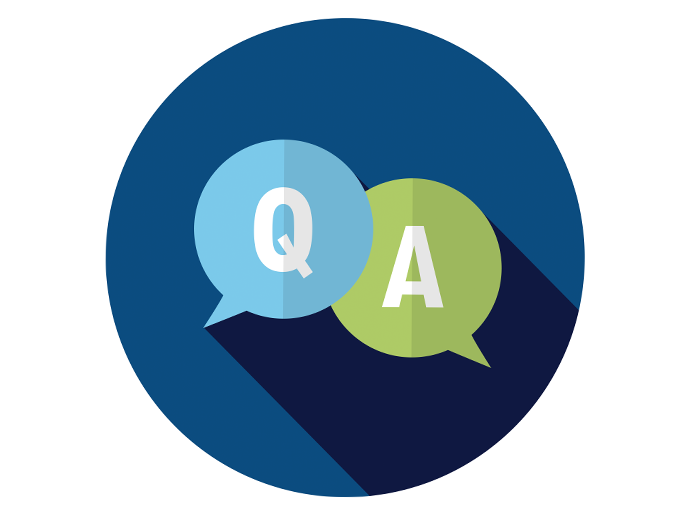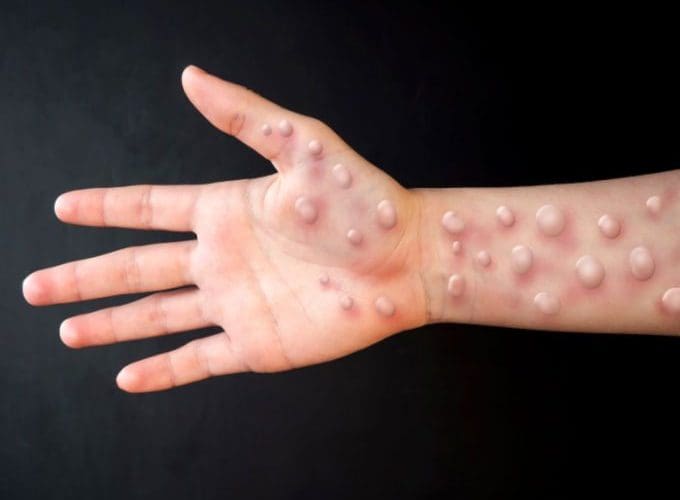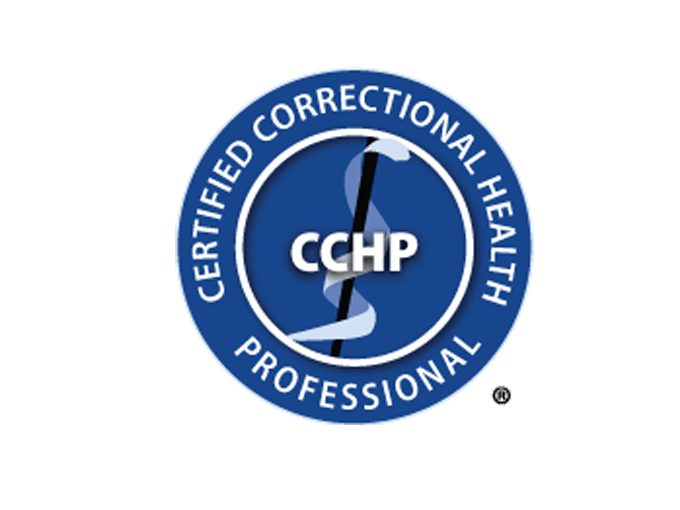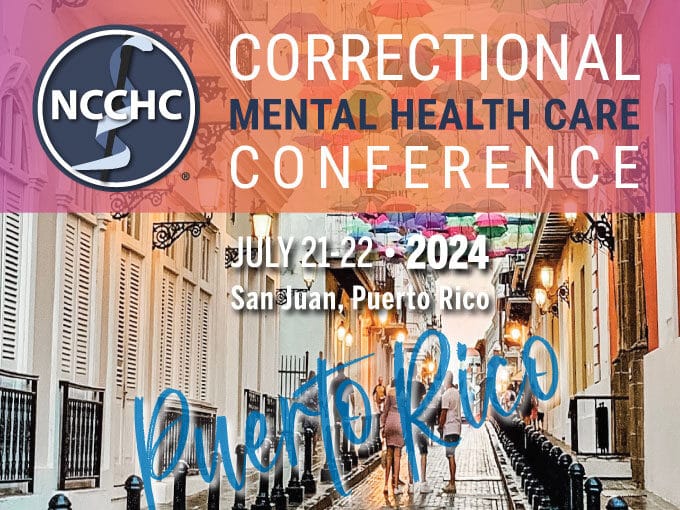
Standards Q&A: 75% Custody Health Training Requirement
Does the 75% requirement refer to all custody staff or only those working during
Home Slides and Recording Available for Free Webinar on Monkeypox in Corrections
 Sep 6, 2022
Sep 6, 2022Clinicians and leaders across the country are looking for answers on the prevention and treatment of monkeypox. Today, Liesl Hagan, MPH, Senior Scientist for Correctional Health in the Centers for Disease Control and Prevention (CDC), Office of the Deputy Director for Infectious Diseases, and Alysse G. Wurcel, MD, MS, assistant professor in the Division of Geographic Medicine and Infectious Diseases at Tufts Medical Center, led a one-hour webinar to share current knowledge and best practices.
Of special note:
• 98% of individuals diagnosed and reported to CDC have a rash, but some of the infected have no symptoms at all
• Monkeypox is unlikely to cause death. It is likely to be more severe among people who are pregnant, immunocompromised, or with atopic dermatitis or eczema.
• Monkey pox can spread to anyone through direct contact with monkeypox rash or scabs, contact with objects, fabrics, or surfaces that have been used by someone with monkeypox, and contact with respiratory secretions during prolonged face-to-face contact. It can also be spread by oral, anal, and vaginal sex, or by touching the genitals or anus of someone with monkeypox. Respiratory transmission without close contact is not a primary concern.
• CDC has not received reports of transmission or outbreaks inside a correctional or detention facility.
• People are at increased risk if they: have been identified by public health officials as a contact of someone with monkeypox, are aware that one of their sexual partners in the past two weeks has been diagnosed with monkeypox, or have had multiple sexual partners in the past two weeks in an area with known monkeypox.
• There is a low barrier to testing and correctional settings are encouraged to test to limit the chance for outbreaks.
• There is no specific treatment but treatment for smallpox like tecovirimat can be used in oral or IV formulations.
• Vaccines are available for pre-exposure and post-exposure (within 14 days).
• Isolation is recommended for two to four weeks for someone with monkeypox, but quarantine (for those exposed to it) is not required. Vaccination and symptom monitoring are recommended.
• The webinar also includes CDC analysis of two cases at Cook County Jail in Chicago. Findings include recommendations to:
– Ensure timely through cleaning and disinfection of spaces where people with monkeypox have spent time
– Provide education about common interactions to avoid exposure
– When offering post-exposure prophylaxis (PEP), provide education and vaccination in a private space to reduce fear of stigma and increase uptake.
Visit the CDC page: Considerations for Reducing Monkeypox Transmission in Congregate Living Settings


